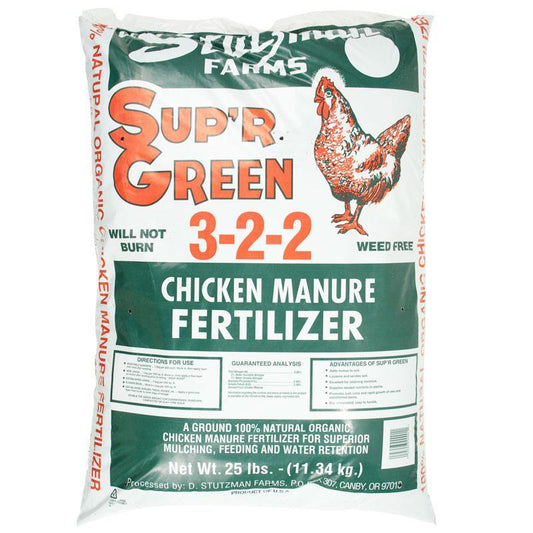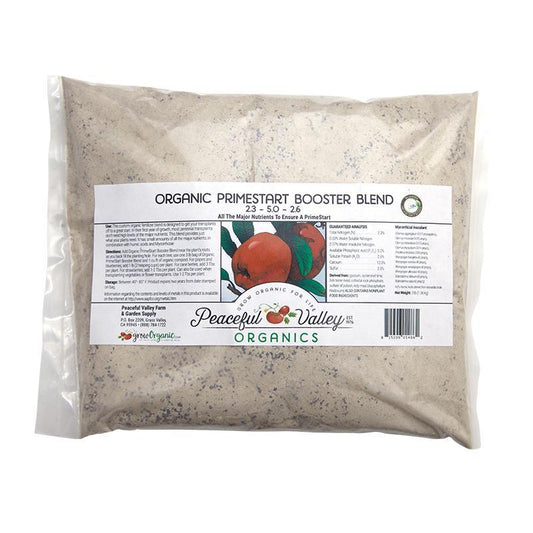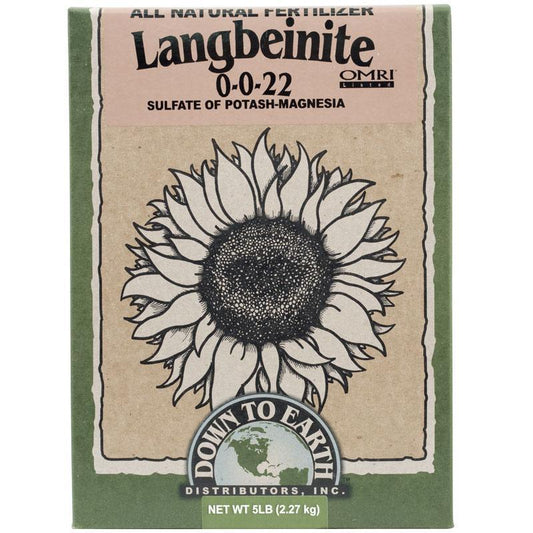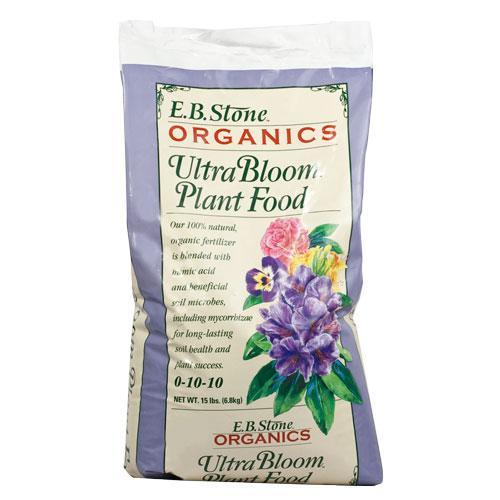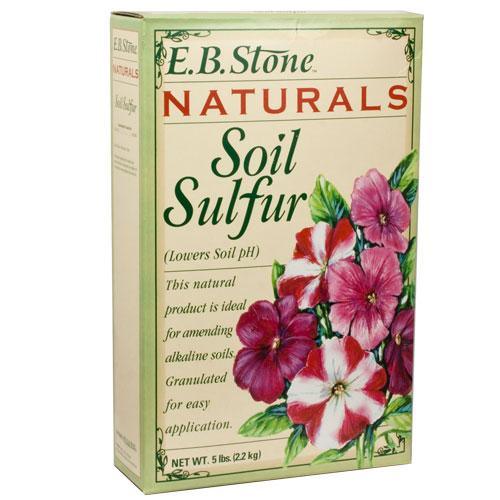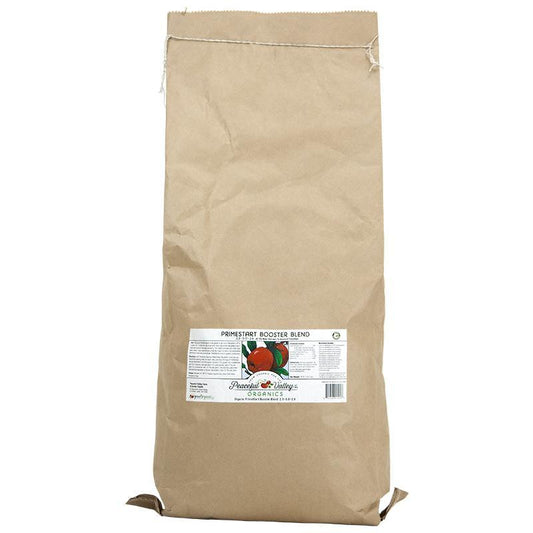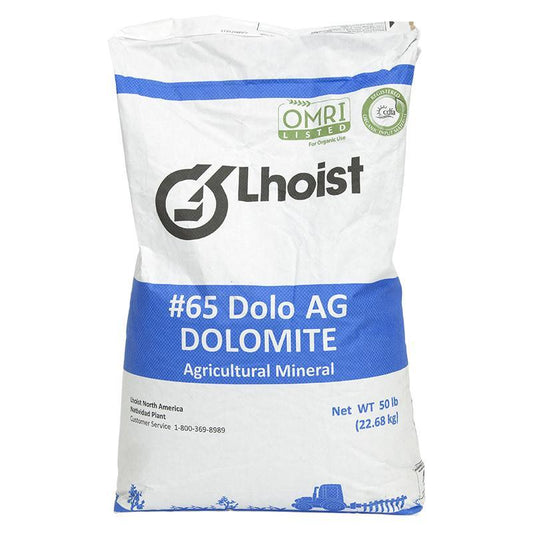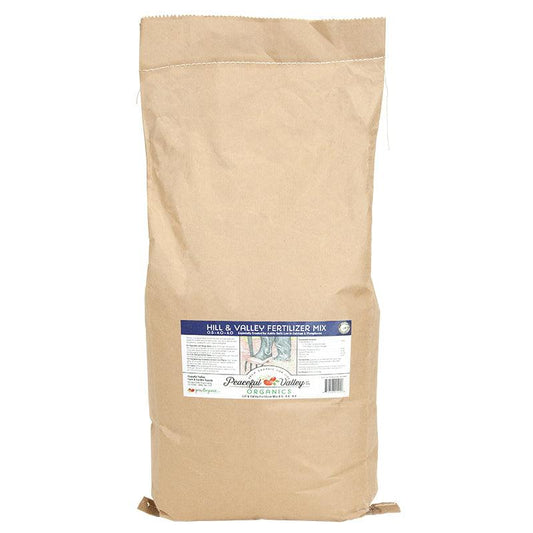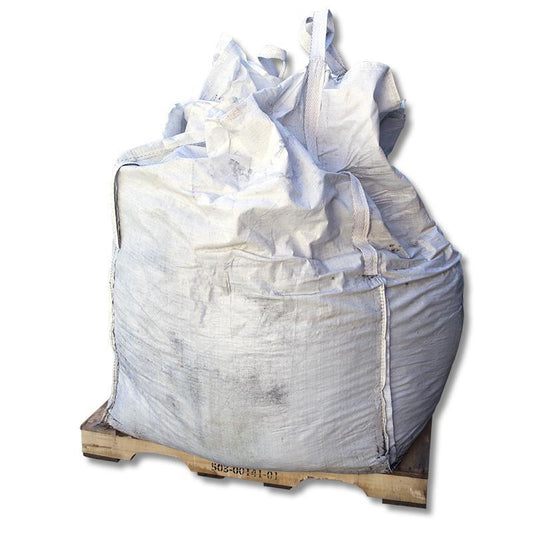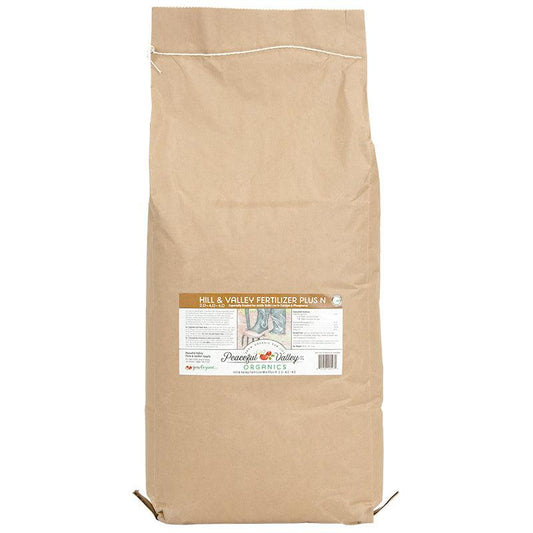Understanding Magnesium Fertilizers
Magnesium, a vital plant nutrient, is crucial in various metabolic processes. This section explores the significance of magnesium in soil, its functions in plant growth, and how to manage its levels effectively.
The Role of Magnesium in Soil
Magnesium naturally occurs in certain clay soils, specifically in those rich in a type of clay suitable for pottery making. In these soils, magnesium acts as a binding agent, holding the clay particles together. This binding quality of magnesium is essential for soil structure, preventing it from becoming too loose.
Magnesium's Importance for Plants
Magnesium is indispensable for plants due to its involvement in key metabolic processes. One of its primary roles is in chlorophyll production, which is essential for photosynthesis—the process by which plants convert sunlight into energy. Chlorophyll synthesis is hindered without sufficient magnesium, leading to poor growth and reduced photosynthetic efficiency.
Additionally, magnesium facilitates the uptake of phosphorus, another critical nutrient for plant development. Adequate magnesium levels ensure that plants can access and utilize phosphorus effectively, promoting healthy root and shoot growth.
Balancing Magnesium Levels
While magnesium is essential, an excess of it can adversely affect soil and plant health. Excessive magnesium can lead to soil compaction, making it difficult for water and nutrients to penetrate. Furthermore, high magnesium levels can elevate soil pH, creating an alkaline environment that may not be conducive to certain plant species.
To balance magnesium levels effectively, it's essential to consider the type of amendment being used. Some amendments contain magnesium in combination with calcium, while others provide magnesium alone. The choice between these two options depends on the specific needs of your soil and plants.
Exploring Sulfur Fertilizers
Sulfur, often overlooked in discussions of soil nutrients, is an essential element that warrants attention. This section delves into the importance of sulfur in soil, its role in plant growth, and how to manage sulfur levels for optimal results.
The Significance of Sulfur in Soil
Sulfur exists naturally in various forms on Earth, with elemental sulfur being one of them. However, it is more commonly found in combination with other elements, such as in the mineral gypsum. In the context of soil, sulfur is a vital component of the soil's mineral bank.
Sulfur's Role in Plant Nutrition
Sulfur, similar to nitrogen, is a fundamental element required for protein synthesis in plants. Proteins are essential for various biological functions, including the development of enzymes, structural components, and metabolic processes. Adequate sulfur availability ensures that plants can produce the necessary proteins to support their growth and overall health.
Managing Soil Sulfur Levels
While sulfur is crucial for plant nutrition, excessively high sulfur levels can make the soil acidic. However, it typically takes an exceptionally high sulfur content to pose a threat to plant health. In some cases, sulfur may be intentionally added to soil to lower its pH, creating a more acidic environment suitable for certain plant species.
Magnesium and sulfur are essential nutrients for soil and plant health, each playing distinct roles in supporting plant growth and development. Understanding how to manage these nutrients effectively and balance their levels in your soil is crucial for promoting healthy and thriving plants in your garden.



